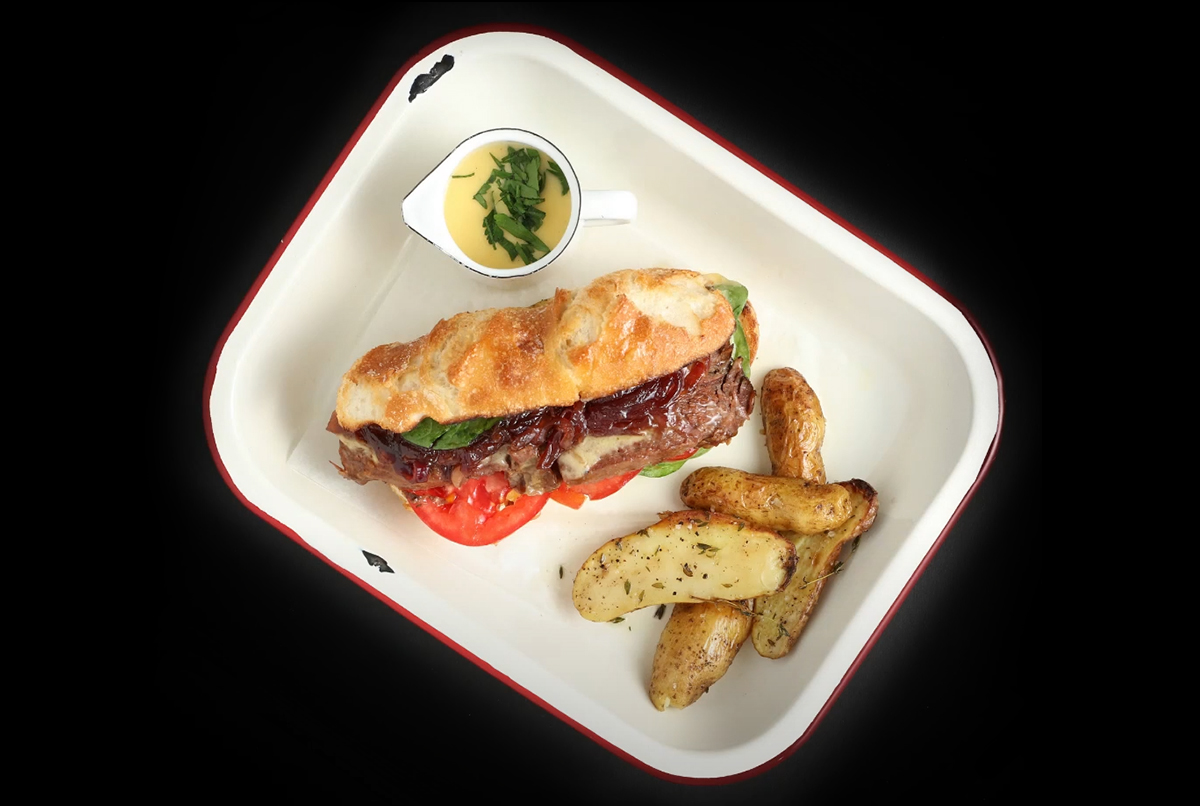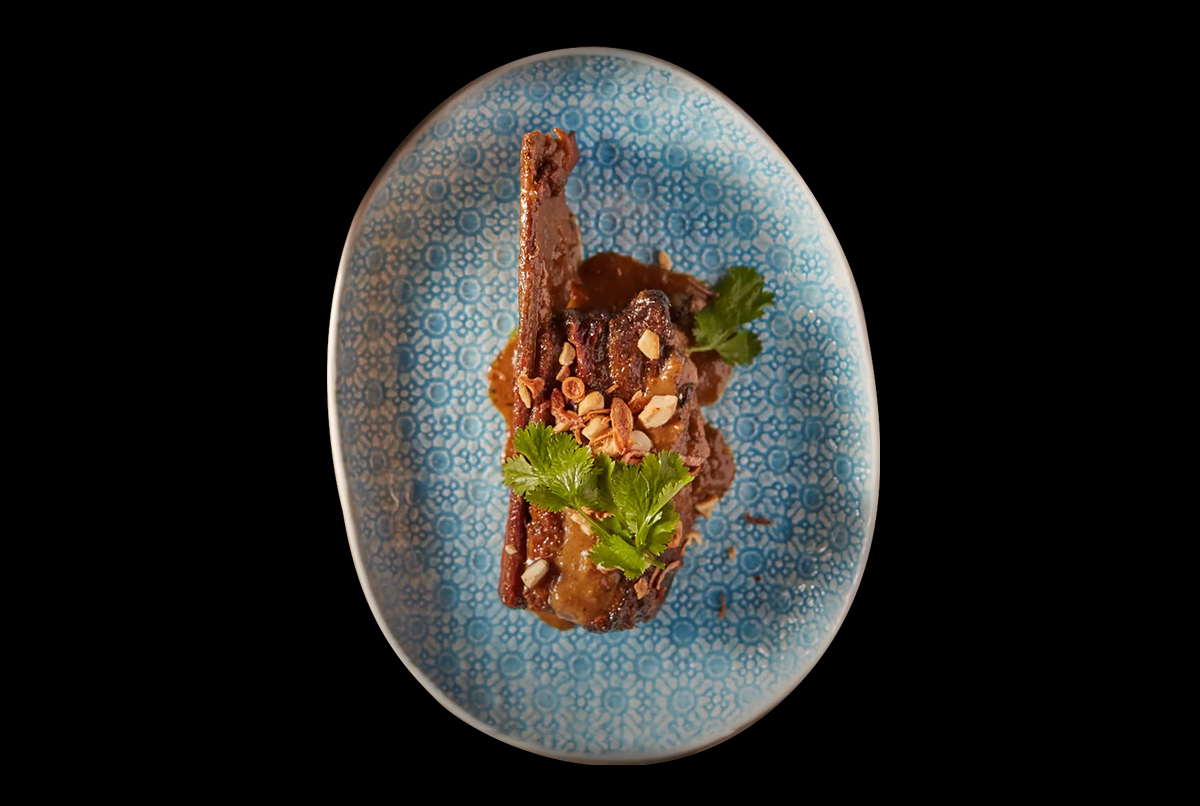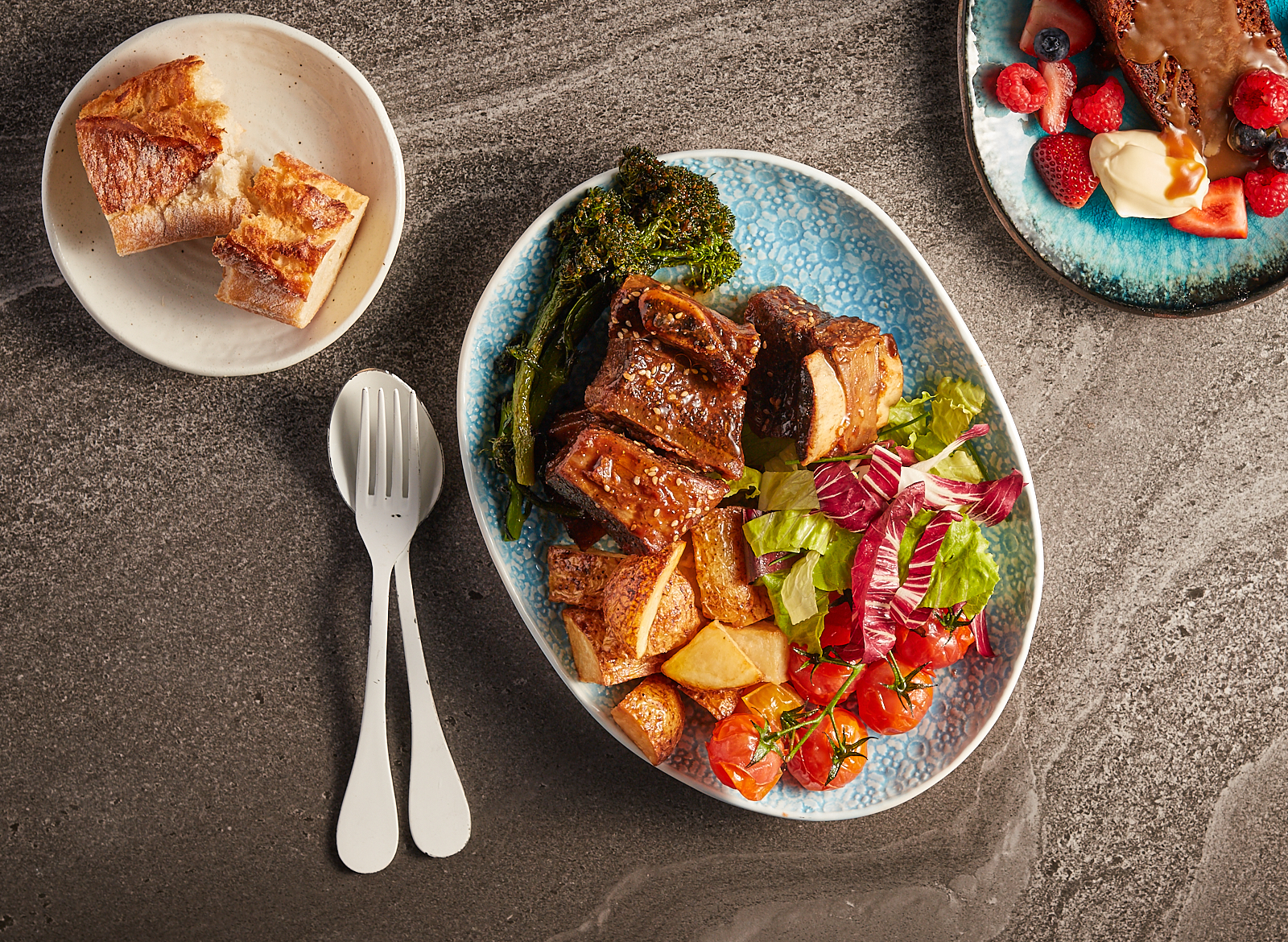Around the world, there is an increasing demand from consumers for transparency and demonstrable sustainability credentials. These consumers are actively making moral decisions about what they do, what they purchase and the effect it might have on animals, environment, and people.
Pioneering Climate Neutrality and Sustainable Practices
In a win for conscious consumers everywhere – the Australian sheep industry has an extraordinary story to share. Research released in 2021 by the Commonwealth Scientific and Industrial Research Organisation (CSIRO) shows Australia’s sheepmeat sector is one of only two food products grown in Australia that is climate neutral.
"Research by the CSIRO shows Australian sheep meat is climate neutral."
In April of this year, Sheep Producers Australia and WoolProducers Australia, released the world first Australian Sheep Sustainability Framework (SSF).
The Framework addresses 21 priorities across four themes – caring for our sheep; enhancing the environment and climate; looking after our people, our customers and the community; and ensuring a financially resilient industry.
By balancing environment, animal welfare, people and long-term financial sustainability, the Sheep Sustainability Framework shines a light on the crucial work of producers and supply chains, while cementing Australia’s position as sustainable producers of the worlds’ best sheep meat and wool, now and into the future.
Elsewhere in the supply chain, these ideals of conscious production and consumption are being reflected – and now recognised with the launch in October 2020 of the Eat Easy Awards that seek to find and reward producers, restaurants and chefs making a difference through good food and responsible practice. The inaugural winner of the Eat Easy Best Red Meat Producer was Cherry Tree Downs, located 165 kilometres from Melbourne in picturesque South Gippsland.
Cherry Tree Downs Organics
As one of Australia’s earliest organic meat producers, the Blundy family transitioned Cherry Tree Downs to organic farming in the early 1990s and have been organically certified for the last 25 years.
"Shane Blundy from Cherry Tree Downs Organics and his grandson Charlie."
Shane Blundy said his ‘light bulb’ moment came while ploughing a paddock, he looked behind at the soil and realised it was no longer like it used to be when he was a child growing up on the farm in the 1960s. “Back then when you ploughed, there would be birds everywhere consuming the life you had just exposed in the soil,” he said.
Cherry Tree Organics are expecting in January 2022 to be completely carbon neutral. This achievement will be reached through an Emissions Management Plan created by working with Carbon Farmers Australia since 2017. Blundy says the approach is to promote a deeper root structure in pasture grasses as well as promoting genetic diversity in the grasses which is beneficial for the soil.
“We were one of the first farmers to put down a carbon base. In January we will be tested again and then we’ll be able to see where we sit and how much carbon we’ve sequestered, and I believe we will be carbon neutral. When you’ve got healthy soils and a good plant structure, that will take the carbon dioxide out of the atmosphere. If we all farmed in that manner, the carbon dioxide wouldn’t be a problem,” Blundy said.
12 years ago, the family purchased a butcher shop in outer suburban Beaconsfield to control organic certification through the entire supply chain – guaranteeing organically certified beef and lamb from paddock to plate. They send beef and lamb off twice a week from the farm to Radfords, a local organically certified abattoir in Warragul VIC. After processing it is transported to Cherry Tree Organics Butcher Shop where the carcases are further processed.
"Cherry Tree Organics control organic certification through the supply chain with their own butcher shop in Beaconsfield."
Cherry Tree Organics have direct sales to the public from the butcher shop and from there they also cut, pack and supply numerous organic outlets and other shops. General turnover is about 2,000 lamb and 750 beef carcases a year which Blundy says isn’t without its challenges.
“We’re trying to breed low maintenance animals that are adept to being grass fed and finished. It’s not an easy ask to have product ready to go 52 weeks of the year but we’re getting there, and we feel we’re getting better over time,” he said.
Blundy says that he would like to “live to 140” but is knowledgeable enough about the laws of nature to realise that what he has built is for the generations that follow.
"Shane Blundy is farming for the future – leaving the land in better shape than he found it for the next generation."
“We’re only here for a short time so I’m hoping that I’m leaving the place in a far better condition than what I found it. I don’t think there’s many people in the world can get up every morning and go to work and say that they are enhancing their life, their family’s life and other people’s lives,” Blundy said.


